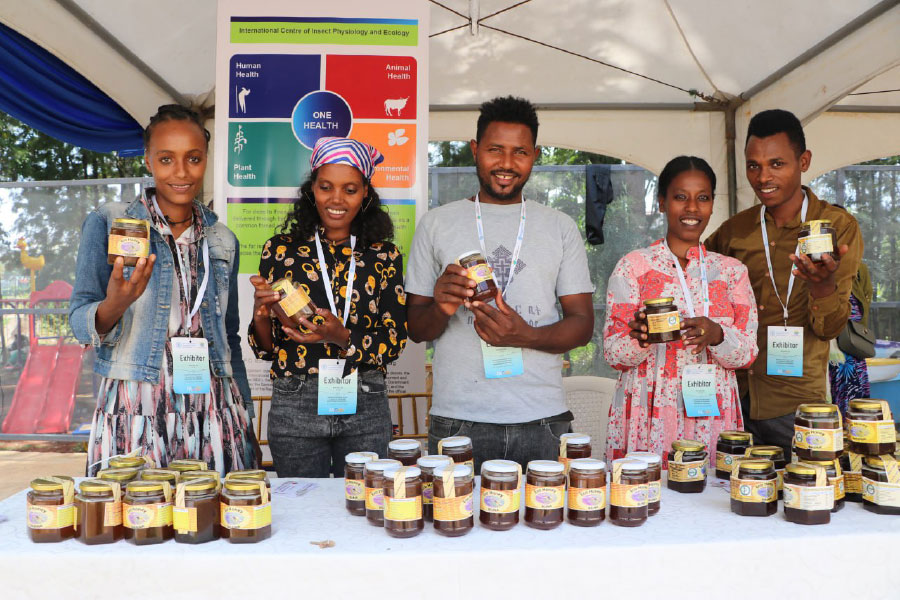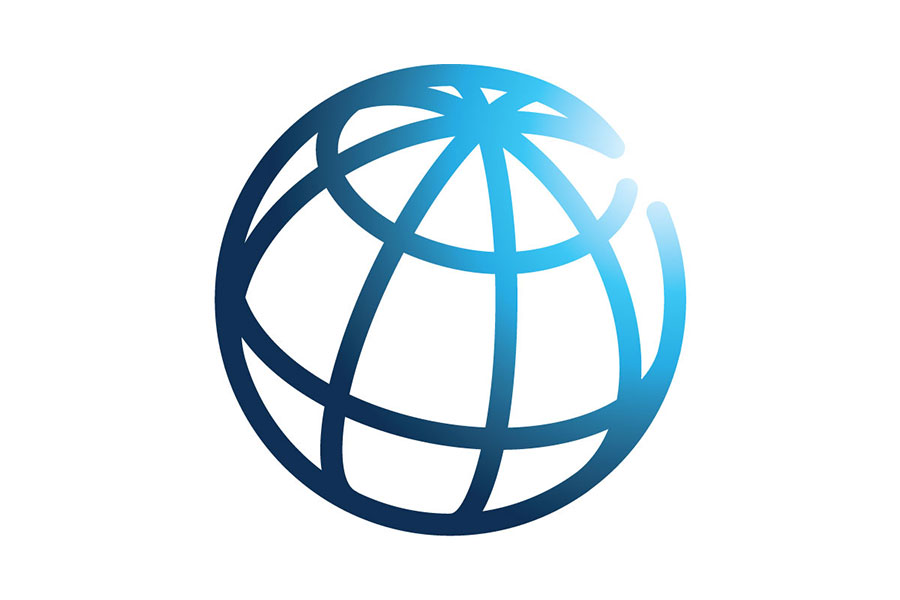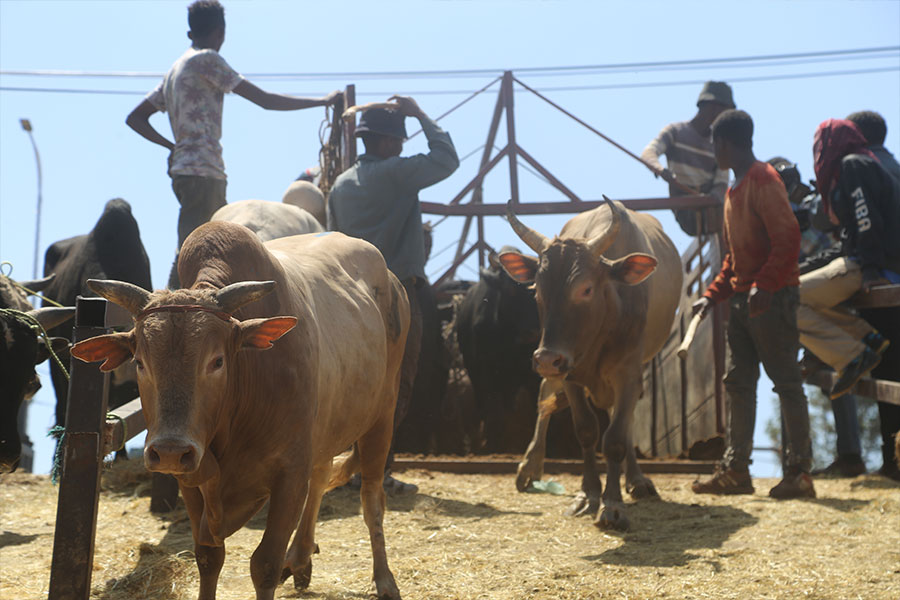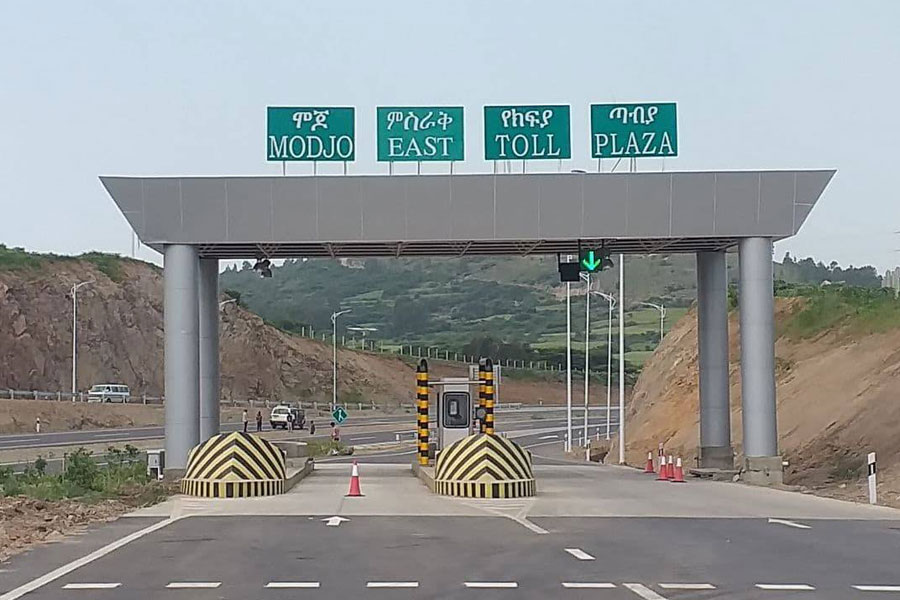
Radar | Dec 10,2018
Aug 18 , 2024
By Woochung Um
The severity of the current climate predicament is evident in every instance of extreme weather, from prolonged droughts to violent storms. As the world approaches the five-year countdown to the Sustainable Development Goals (SDGs) deadline, universal access to clean, affordable energy (SDG7) remains an elusive target, writes Woochong Um, a CEO of the Global Energy Alliance for People & Planet, in this commentary provided by Project Syndicate (PS).
Although we are fast approaching five years until the deadline for the Sustainable Development Goals (SDGs), we are still far from achieving SDG7, which calls for universal access to clean, affordable energy. Worse, we are in the middle of yet another year that will shatter heat records. Each month since June 2023 – 13 months in a row – has ranked as the planet's hottest average on record for that month, and June marked the thrid month in a row that Earth had exceeded the 1.5°C limit set by the Paris agreement.
Extreme heat brings extreme weather: longer droughts, record rainfall, more intense storms, and changes in seasonality.
Unelectrified communities, who are the least at fault for our warming planet, have the most to lose from these trends. A recent analysis by the International Energy Agency, the International Renewable Energy Agency, the United Nations Statistics Division, the World Bank, and the World Health Organization reached a worrying conclusion: we are falling short in our pursuit of SDG7, and current efforts do not look like they are enough to get us back on track.
Since the turn of the century, the share of the global population with access to electricity has grown from just over 75pc to 91pc. But, the pace of progress has fallen behind the rate of population growth. Disruptions in energy markets caused by the COVID-19 pandemic, Russia's war in Ukraine, and instability in the Middle East have caused the number of people lacking access to electricity to increase for the first time in over 10 years, to 685 million people in 2022 – 10 million more than in 2021. If this continues, more than 660 million people will still be without electricity in 2030, and our pursuit of SDG7 will have failed.
While there have been significant strides toward connecting populations across Asia, Latin America, and other parts of the world, sub-Saharan Africa continues to lag behind; it is home to 80pc of all people without access to energy globally. With hundreds of millions of people at risk of being left behind, urgent action is needed to avert more setbacks on the path to SDG7. The current pace of renewable-energy adoption still falls short of what it will take to hit the Paris agreement's mid-century net-zero targets, and to meet the immediate development needs of those living in energy poverty.
There are still reasons for hope. These are the same reasons that guided my tenure at the Asian Development Bank (ADB) and attracted me to join the Global Energy Alliance for People & Planet. Achieving SDG7 and solving climate change is possible only if we work together to tackle this race against time.
We are already seeing Alliance partners mobilise. This spring, the World Bank and the African Development Bank (AfDB) announced a new, first-of-its-kind partnership to bring electricity to 300 million people in Africa by 2030. This is precisely the level of international collaboration that emerging economies desperately need.
To close the gap, we must strengthen existing policies and mobilise greater investment, especially for programs targeting remote and low-income areas where most of the unelectrified population lives. Too much focus and investment in the global energy transition are given to greening the grid and reducing fossil-fuel consumption in wealthy countries. Yet, there seems to be less understanding that consuming more energy is essential to improving the economic prospects of the 685 million people living without electricity, and the hundreds of millions more with unreliable or unaffordable access.
Ending energy poverty – by providing the "modern energy minimum" of 1,000kWh per person per year – implies enormous additional annual energy demand. Today, per capita energy consumption in sub-Saharan Africa, excluding South Africa, is only 180kWh, whereas most citizens of rich countries consume 6,000kWh to 13,000kWh every year. If energy-poor countries do not receive the support needed to deliver electricity at scale from renewables, the majority of global emissions by 2050 could derive from them.
In 2024, the share of global clean-energy investment in emerging markets and developing economies outside China is expected to remain at around 15pc of the total. That is far below what is required to ensure full access to modern energy and meet rising energy demand sustainably. With Nigeria and emerging economies across Africa facing economic crises, international cooperation to unlock climate finance for energy access has never been more urgent.
Energy creates opportunity. When investments in electricity are matched with investments in the tools to use that energy productively – solar-powered water pumps, refrigerators, agro-processing machinery, equipment for microenterprises, and essential services like schools and hospitals – incomes grow, productivity rises, new businesses emerge, jobs are created, and people thrive. Making these investments a reality will require unprecedented levels of international collaboration. No organisation can do it alone.
The world cannot afford another year of backsliding on SDG7, and the only way to reach net zero is through an energy transition that leaves no one behind. This is the moment for bold action. We are ready for it, and I hope the rest of the world is ready to join us.
PUBLISHED ON
Aug 18,2024 [ VOL
25 , NO
1268]


Radar | Dec 10,2018

View From Arada | May 31,2025

Advertorials | Jun 02,2025

Radar | Feb 19,2022

Agenda | Apr 15,2023

Commentaries | Jun 14,2025

My Opinion | Jul 27,2019

Radar | Aug 04,2024

Fortune News | Mar 19,2022

Editorial | Feb 25,2023

My Opinion | 131981 Views | Aug 14,2021

My Opinion | 128369 Views | Aug 21,2021

My Opinion | 126307 Views | Sep 10,2021

My Opinion | 123925 Views | Aug 07,2021

Dec 22 , 2024 . By TIZITA SHEWAFERAW
Charged with transforming colossal state-owned enterprises into modern and competitiv...

Aug 18 , 2024 . By AKSAH ITALO
Although predictable Yonas Zerihun's job in the ride-hailing service is not immune to...

Jul 28 , 2024 . By TIZITA SHEWAFERAW
Unhabitual, perhaps too many, Samuel Gebreyohannes, 38, used to occasionally enjoy a couple of beers at breakfast. However, he recently swit...

Jul 13 , 2024 . By AKSAH ITALO
Investors who rely on tractors, trucks, and field vehicles for commuting, transporting commodities, and f...

Jul 5 , 2025
Six years ago, Ethiopia was the darling of international liberal commentators. A year...

Jun 28 , 2025
Meseret Damtie, the assertive auditor general, has never been shy about naming names...

Jun 21 , 2025
A well-worn adage says, “Budget is not destiny, but it is direction.” Examining t...

Jun 14 , 2025
Yet again, the Horn of Africa is bracing for trouble. A region already frayed by wars...

Jul 6 , 2025 . By BEZAWIT HULUAGER
The federal legislature gave Prime Minister Abiy Ahmed (PhD) what he wanted: a 1.9 tr...

Jul 6 , 2025 . By YITBAREK GETACHEW
In a city rising skyward at breakneck speed, a reckoning has arrived. Authorities in...

Jul 6 , 2025 . By NAHOM AYELE
A landmark directive from the Ministry of Finance signals a paradigm shift in the cou...

Jul 6 , 2025 . By NAHOM AYELE
Awash Bank has announced plans to establish a dedicated investment banking subsidiary...